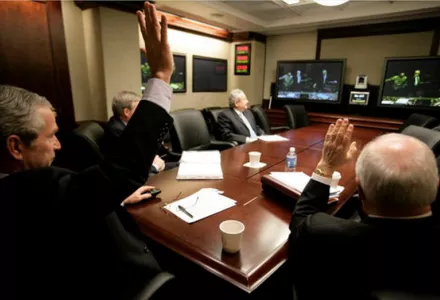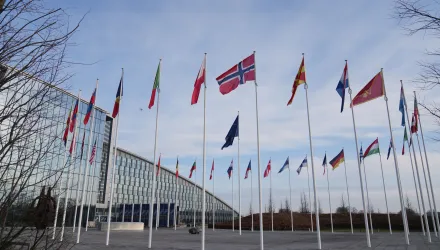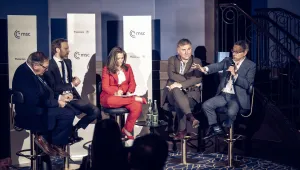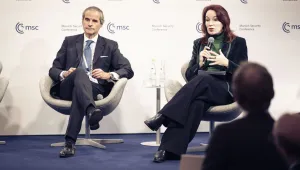Too Much of a Good Thing? Civil-Military Relations in the Wake of Technological Disruption
Speakers: Mathias Ormestad Frendem, Henry Chauncey Jr. '57 Postdoctoral Fellow, International Security Studies and the Brady-Johnson Program in Grand Strategy, Yale University; A. Bradley Potter, Research Fellow, International Security Program
What effect do emerging communications technologies have on U.S. civil-military relations? How might the history of such technological disruption help us prepare for future disruptions? Most scholarship suggests that such developments should empower civilian leaders to better monitor and oversee military leaders, bringing in line military efforts with civilian preferences. However, the speakers argue that these technologies also bring with them challenging consequences for civil-military relations. Namely, they may encourage tendencies in both parties that undermine decision-making and long-term healthy interaction. The speakers illustrate this with a case study of relations between President George W. Bush and George W. Casey prior to launching the "surge" in Iraq.
Please join us! Coffee and tea provided. Everyone is welcome, but admittance will be on a first come–first served basis.




